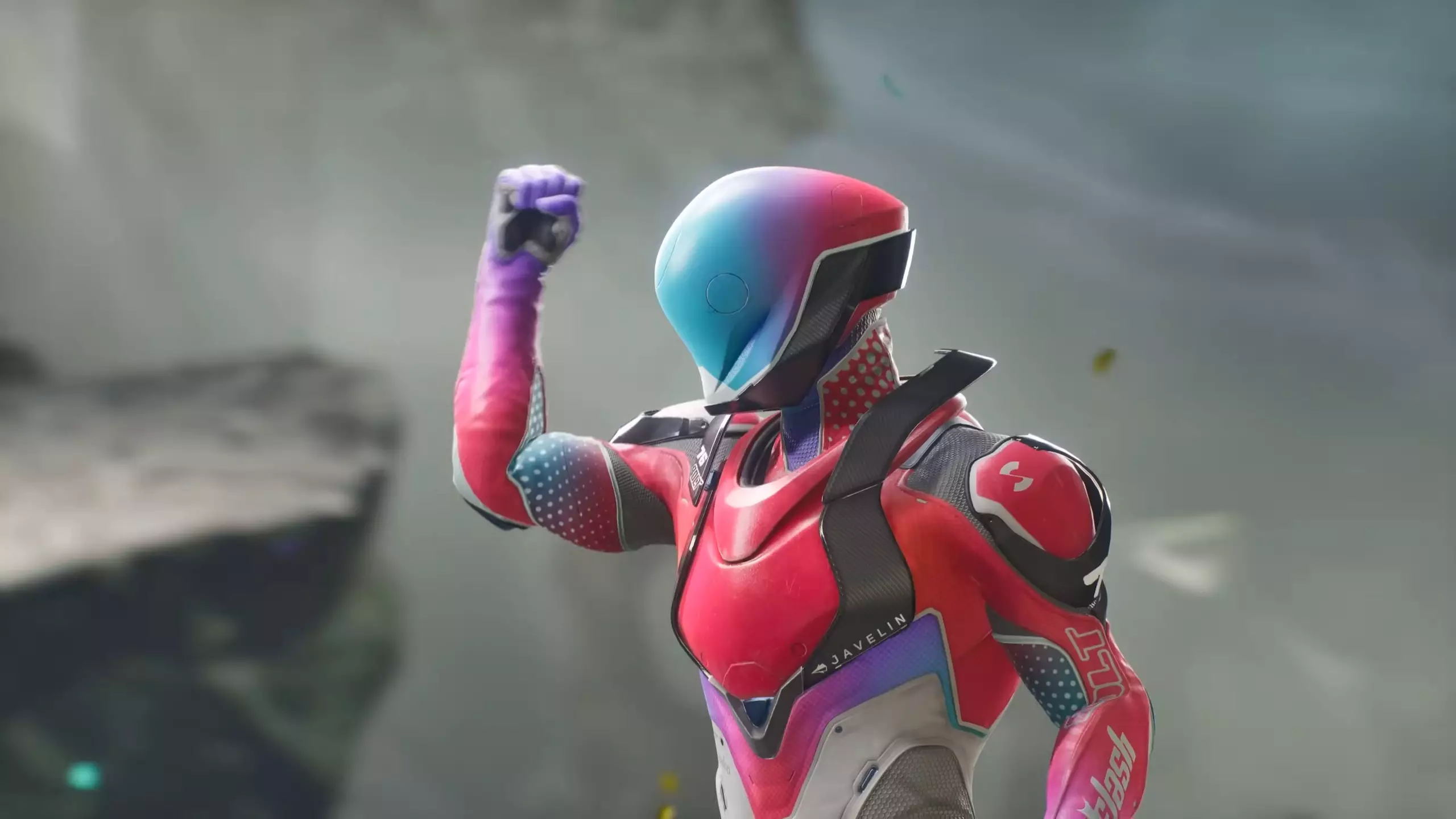The gaming industry often thrives on hype, and in this environment, the expectations surrounding titles like Splitgate 2 and Borderlands 4 were sky-high. Enthusiasts waited with bated breath, eager for the next big thing in the first-person shooter (FPS) realm. At first glance, Splitgate 2 appeared to deliver, boasting innovative mechanics and a new battle royale mode that sparked interest and excitement. The momentum was palpable, with players flooding back to the servers, marking the co-founders’ efforts as commendable. However, this initial reception quickly turned sour due to various missteps by the game’s leadership.
The Double-Edged Sword of Public Statements
Randy Pitchford, head of Gearbox, is no stranger to controversy, and he struck again with statements surrounding game pricing that many fans found baffling and off-putting. Unfortunately, the misfortunes continued with 1047 Games’ Ian Proulx, whose recent comments seemed tailor-made to alienate the very audience he aimed to charm. Describing his disdain for Call of Duty, his fondness for Halo, and the desperation for Titanfall 3 might not have been the smartest way to endear himself to fans. He may have thought he was striking a chord with the gaming community but instead hit a sour note that reverberated across social media.
The sheer lack of awareness displayed during the Summer Game Fest added to the growing pile of cringe-worthy remarks. When someone embarks on a passionate proclamation that is, paradoxically, contradicted by their own game’s mechanics, it raises eyebrows. Proulx’s assertion about hailing a battle royale mode as “f***ing awesome” while lamenting the absence of a game like Titanfall 3 showcases a troubling disconnect. That irony did not escape the notice of discerning gamers, who saw the lack of self-awareness as symptomatic of deeper issues within the developing company.
A Social Media Backlash
The swift and harsh backlash across platforms such as Twitter, Reddit, and BlueSky was undeniable. A community that was initially joyous and eager began to turn against its once-beloved title, expressing feelings ranging from embarrassment to annoyance. Phrases like “That was cringe as hell,” and “I feel embarrassed for liking this game,” paralleled sentiments echoing throughout multiple forums. It’s almost as if Proulx handed detractors an arsenal and invited them to dismantle both his persona and the game he represents.
What strikes as particularly alarming is the way this miscommunication appears to undermine years of hard work from the development team. When a leader takes the stage and delivers a performance teetering on the edge of embarrassment, it doesn’t just tarnish their own image; it reflects poorly on every developer who poured their creativity and energy into the project. Many fans expressed feeling a sense of betrayal, stating, “As a Splitgate 1 fan and a founder pack owner for Splitgate 2, I can’t believe how HORRIBLE of a fumble I just witnessed.” Such comments illustrate a growing disillusionment within the community.
Cringe Trending in the Wrong Direction
The optics of the event were further compounded by a series of miscalculations, culminating in the ill-fated stage performance. Even music choice played a role in cultivating an atmosphere of derision, bringing an Imagine Dragons remix into the fold as background fodder for an overzealous presentation. The result? A battle royale mode that should have been celebrated was suddenly overshadowed by worries over branding and aesthetics. When a notable backlash centers around the cringeworthy elements of a presentation, something has gone amiss in translation between the developer’s vision and the audience’s reception.
This failure of communication speaks volumes about the fragile relationship between developers and their fanbase. What’s meant to propel a game forward instead stumbles in front of a live audience and widespread online scrutiny. The sentiment emerging from this saga is one of palpable disappointment, as gamers are left questioning the leadership skills of those at the helm of their favorite titles. Such moments serve as stark reminders that even the most promising innovations can be undermined by poor choices in communication.
The series of unfortunate events surrounding Splitgate 2 isn’t just about a bad public relations move; it’s a cautionary tale about the fragile nature of brand loyalty and the importance of mindful communication in an industry heavily reliant on community support. Developers must tread carefully, for one poorly executed appearance can undo significant progress, leaving dedicated fans feeling more alienated than ever.


Leave a Reply